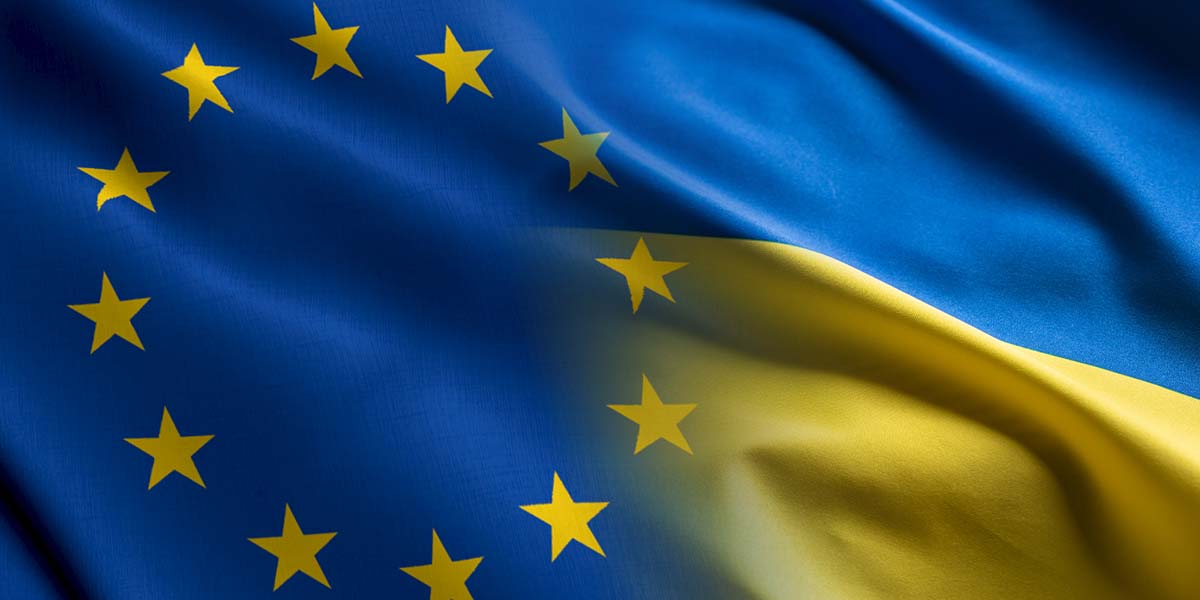When it comes to the performance art of geopolitics, the European Union has rarely missed a beat. Next week, EU heads of state will gather, as CNBC reports, to discuss helping Ukraine yet again — not by opening their own wallets, mind you, but by contemplating the “quicker use” of frozen Russian assets. In what can only be called a masterstroke of fiscal altruism, the EU proposes to save Ukraine by spending… Russia’s money, not theirs.
Of course, 175 billion euros ($204 billion) in matured cash from frozen Russian assets does sound impressive. And, to be fair, the EU has allowed modest profits from those assets to trickle down to Kyiv. But the real struggle is deciding how much more they are willing to risk in someone else’s name, while Trump’s administration pushes G-7 allies to go bolder and seize the bulk of those assets outright.
Nothing says solidarity like offering up the confiscated cash of a third party – especially when legal experts and money managers, notably in Belgium, are warning about future lawsuits the moment the conflict ends. After all, Euroclear sits uneasily atop the pile of Russian wealth in Brussels, and Belgium would prefer that legal repercussions land on everyone, not just them.
Meanwhile, the UK, France, and Germany have come together to call for “more action” — presumably more creative ways to help Ukraine with assets that don’t belong to them. As for genuine sacrifice? Let’s hope Brussels’ applause for itself doesn’t drown out Kyiv’s call for real support.
Still, Trump and Putin had made a phone call to discuss ending the war for the hundredth time. It will be in Hungary without any specific timetable as of now. High-level officials from both countries will begin the framework of this discussion next week.
A significant portion of Russia’s foreign assets, valued between $300 billion and $350 billion, remains frozen in Western countries, according to a prior confirmation from the Russian central bank, as per Reuters’ report in September this year. Like its global peers, Russia’s central bank had diversified its reserves across liquid assets—including major currencies, government bonds, and gold—at the time sanctions were imposed. Many of the securities in question have matured, resulting in large volumes now held as cash by Belgium-based securities depository Euroclear.





